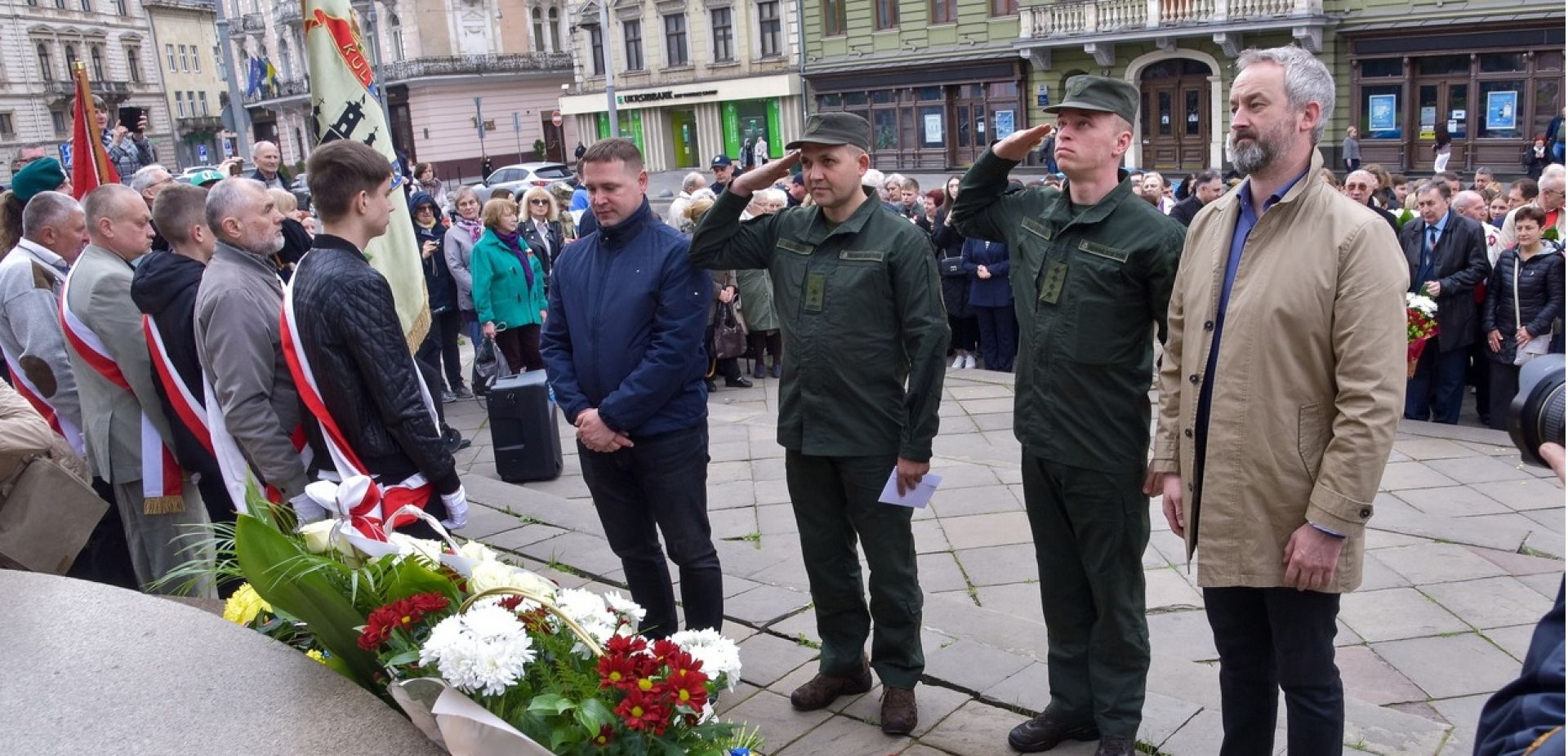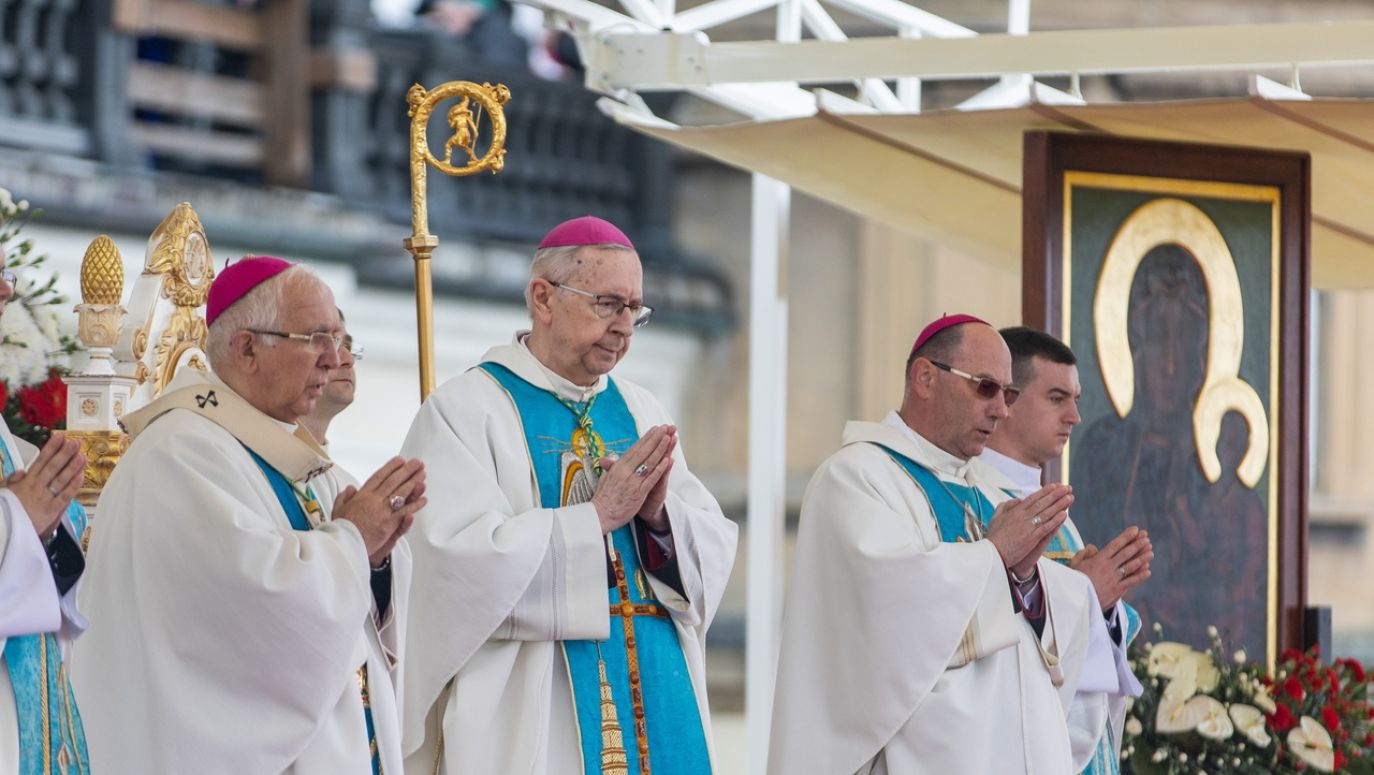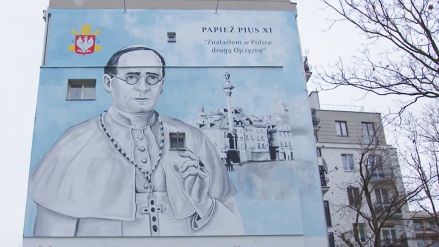There is also a clear appeal "to all participants in the election campaign to refrain from instrumentalising the Church, which can take the form of both unauthorised use of the Church in the partisan games of individual parties, as well as unfair stigmatisation, aimed solely at anticlerical emotions. We have already publicly emphasised more than once that the Church is not on the side of the right, the left or the centre, because the Church has its own side; the Church must stand on the side of the Gospel".
There is no doubt that the 'Position on the forthcoming elections' will be regarded by some as 'interference in politics', by others as the absence of a position on politics, by still others as a false start, because we are nowhere near the autumn, and by still others as idle talk that contributes nothing. Well, let's not be fooled, let's not be told that the Church is meddling in politics again, or that it's just idle talk.
"Citizens should, as far as possible, take an active part in public life. The ways of this participation may vary, depending on the country or culture. The conduct of those nations in which the largest possible number of citizens participate in public affairs under conditions of genuine freedom deserves praise."
 SIGN UP TO OUR PAGE
SIGN UP TO OUR PAGE

The above quote is not a speech by a political scientist, let alone a politician (although it would be nice if politicians knew the passage and could quote it, and even more so apply it). Nor is it a passage from some university textbook. No, this is paragraph 1915 of the KKK. It is clear and succinct, you might say: straight to the point. And it explains right away why the bishops not only can exhort the faithful to go to the polls, but even should. This is what the common good requires - it too is defined in the Catechism. The common good is a concrete value in the Church's social doctrine, which Catholics are obliged to know - and observe. That they often fail to live up to it is another matter. But no one can say that the call to participate in public life is meddling in politics.
The bishops also appealed to the media, especially to those who: "they are responsible for the shape of the Polish media, so that journalists working in them have the conditions to provide reliable information to society and to build a culture of dialogue. This applies first and foremost to the public media, which should be a model for others in this respect, but also to the private ones, also endowed with social trust and the resulting responsibility".
However, let me remind you and emphasise that it is not only the public media that have a mission, but also the private ones have an obligation to fulfil a public mission. Perhaps at first the two postulates sound alike, but I assure you it is not the same thing: there is a mission of the public media and there is a public mission of the media. Everyone will benefit from this knowledge if they are willing to equip themselves with it.
With his own voice
However, while the 'Position Paper' is a jointly elaborated voice of the bishops, the next two voices are individual, personal contributions by Archbishop Stanislaw Gądecki. He took the preaching opportunity to present the Church's not easy situations and even less easy - and indeed quite difficult - initiatives. Although he is the president of the Polish Bishops' Conference, he has spoken individually at least twice in the past year, without waiting to gather enough votes to allow him to speak as a group. Two letters are involved. The first to Archbishop Georg Bätzing, president of the German Bishops' Conference, with questions about the manoeuvres of the so-called synodal path of some German Catholics. And the second to the Patriarch Kirill of Moscow with an appeal for restraint in his support for the Russian invasion of Ukraine.


 SIGN UP TO OUR PAGE
SIGN UP TO OUR PAGE
 The above quote is not a speech by a political scientist, let alone a politician (although it would be nice if politicians knew the passage and could quote it, and even more so apply it). Nor is it a passage from some university textbook. No, this is paragraph 1915 of the KKK. It is clear and succinct, you might say: straight to the point. And it explains right away why the bishops not only can exhort the faithful to go to the polls, but even should. This is what the common good requires - it too is defined in the Catechism. The common good is a concrete value in the Church's social doctrine, which Catholics are obliged to know - and observe. That they often fail to live up to it is another matter. But no one can say that the call to participate in public life is meddling in politics.
The above quote is not a speech by a political scientist, let alone a politician (although it would be nice if politicians knew the passage and could quote it, and even more so apply it). Nor is it a passage from some university textbook. No, this is paragraph 1915 of the KKK. It is clear and succinct, you might say: straight to the point. And it explains right away why the bishops not only can exhort the faithful to go to the polls, but even should. This is what the common good requires - it too is defined in the Catechism. The common good is a concrete value in the Church's social doctrine, which Catholics are obliged to know - and observe. That they often fail to live up to it is another matter. But no one can say that the call to participate in public life is meddling in politics. 




